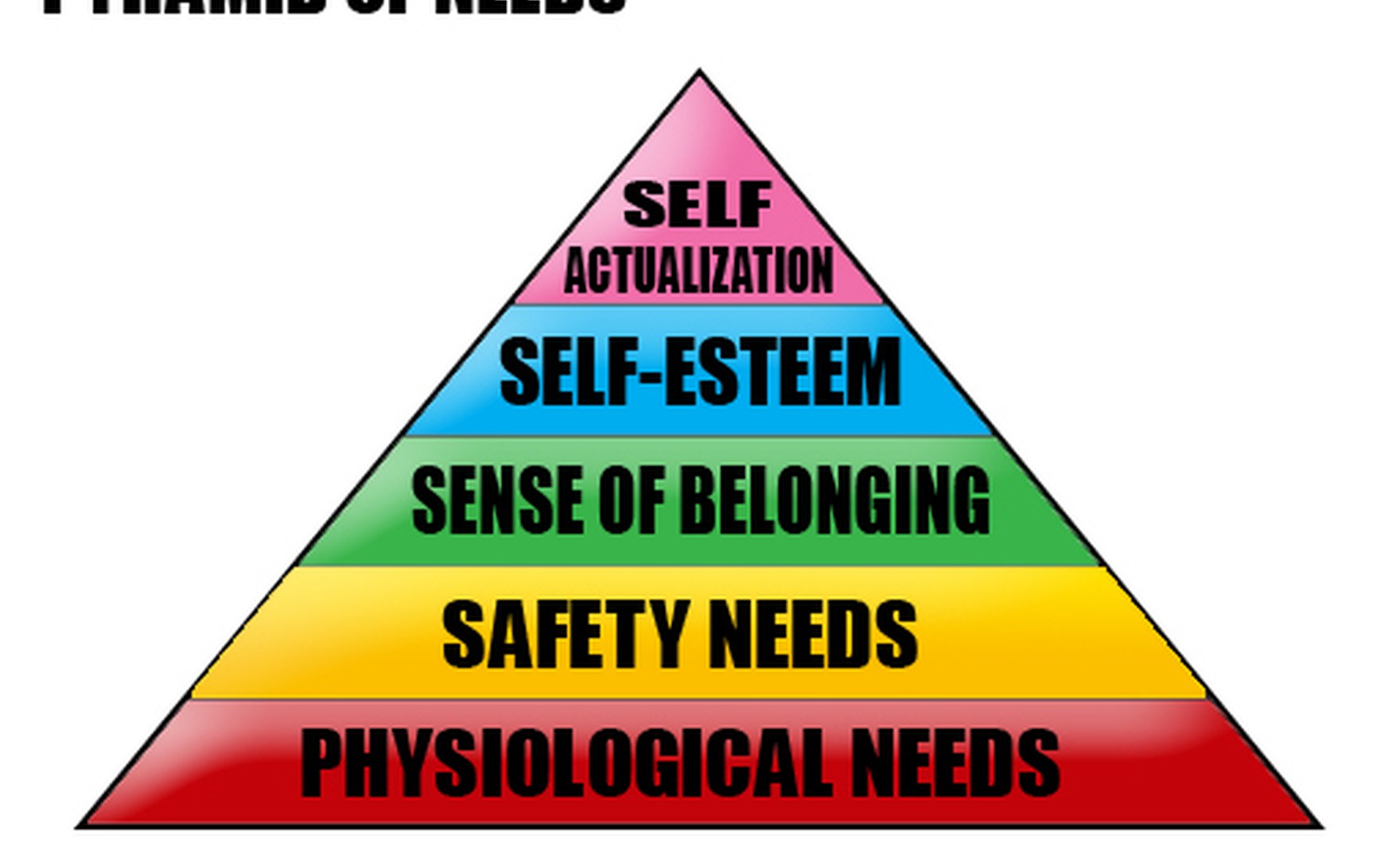The AoEC’s consultancy services are offered to organisations and feature a portfolio of tailored coaching based solutions and products that can serve to address a multitude of issues facing both large and small businesses today.

We’ve all been there, asking ourselves ‘Do I belong here?’. Whether it is first day nerves from starting with a new company, being promoted into a new department or joining a different team, it’s sure to be one of the loudest questions reverberating around your head.
That sense of belonging is not only innately human, but it is also rudimentary in building high-performing teams and central to strong performance in the workplace.
This need to belong is a primary instinct and is key in the make-up of a happy and productive worker, so why should team leaders be paying more attention to instilling this in their employees and the teams they work within?
Psychological safety
Regardless of being an established or newly formed team, individual team members need to feel welcomed, included and connected. High-performing teams are interdependent and if the team’s trust levels, dynamics and rapport is not right, the team is compromised in its purpose and ultimate performance.
Similarly, teams don’t automatically perform well because they are made up of like-minded individuals. Success comes from diversity and fusing together the different skills, approaches and talents individuals bring to the table. A sense of being valued and accepted is crucial to how cohesive the group is as team when it comes to performance and results.
Bonding is everything and team members need to believe that they have each other’s back. Trust and openness are fundamental to how well they will work as one unit and it is essential, they have the courage to speak out and feel safe in being able to discuss and support one another in the team setting. There is no place for a blame culture in high-performing teams and failure needs to be turned on its head and learned from for the team to move forward and succeed.
Effective relationships
From trust springs rapport and interventions such as coaching or team building exercises can help build up stronger relationships. Teamwork relies on camaraderie, so teams need to be given the space to find common ground and to get to know one another properly if they are to forge deeper and longer lasting relationships.
Being connected, respected and having that all important sense of belonging unites team members around their purpose as they strive to deliver. In turn, purposeful and meaningful work breeds ownership, engagement, accountability and commitment to the team and the organisation.
Collaborative problem-solving and innovation
The nature of high-performing teams and their collaborative way of working can be a major source of competitive advantage for employers. Their ability to share and co-construct working knowledge quickly underpins problem-solving and developing innovative solutions for customers and wider commercial gain.
High-performing teams that are rooted in understanding the needs of organisation’s wider business ecosystem and who are invested in each other are pivotal in idea generation and realisation. Those teams which have a strong level of trust and connection are ideally positioned to have an open dialogue where they can make decisions quickly, be creative, develop new ideas and test or adapt solutions as they work around a challenging issue or fresh market opportunity.
The bottom line is that no team member should feel the odd man out.
Fostering a sense of belonging is one of the most responsible and important things a team leader can do to empower their team to be at their best. Done properly with the use of team development practices like coaching, it can effectively help organisations deliver and achieve excellence in the face of volatile, uncertain, complex and ambiguous market conditions.
Article
“Why am I such a loser!” – Time to change the narrative
22nd July 2024 by Karen Smart
The above is one of many horrible things I might say to myself on a bad day, or when I…
Article
Why every professional coach needs to be aware of systems thinking
22nd July 2024 by Lee Robertson
Plotting a course through the complexity, rapid change, uncertainty and overwhelm of today’s business climate requires a fundamental approach –…
Article
The rising importance of team coaching in modern workplaces
22nd July 2024 by Lee Robertson
Recent research, such as the Atlassian State of Teams 2024 report, reveals that teams are busier than ever but are…